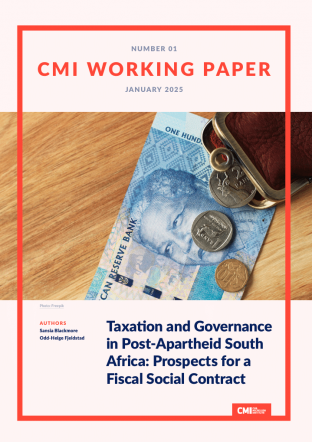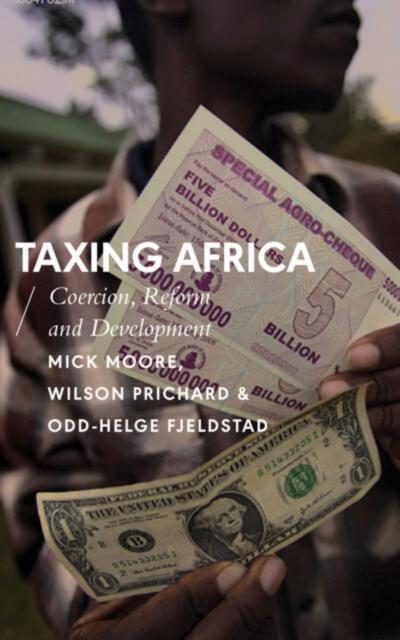Post-apartheid South Africa is an intriguing case of a fiscal state where the positive tax-governance link that forms the basis of a productive fiscal social contract, has not materialized despite the presence of several factors that would normally work in favor of a fiscal contract: there is tax dominance in state revenue; a salient income tax that contributes the largest share of revenue; taxpayers are informed about how revenue is spent, and South Africa is a constitutional democracy where individual rights and freedoms are protected and executive constraint and accountability are part of the institutional architecture. This paper investigates the historical, political, and economic factors that have contributed to this outcome. It also investigates the prospects for a fiscal social contract to emerge in the future, considering the current weakness in governance and accountability, coerced tax collection in a low-trust environment, and non-transactional state-society dynamics.
Join our newsletter!
Sign up to our monthly newsletters for updates on publications, events and tax resources.


